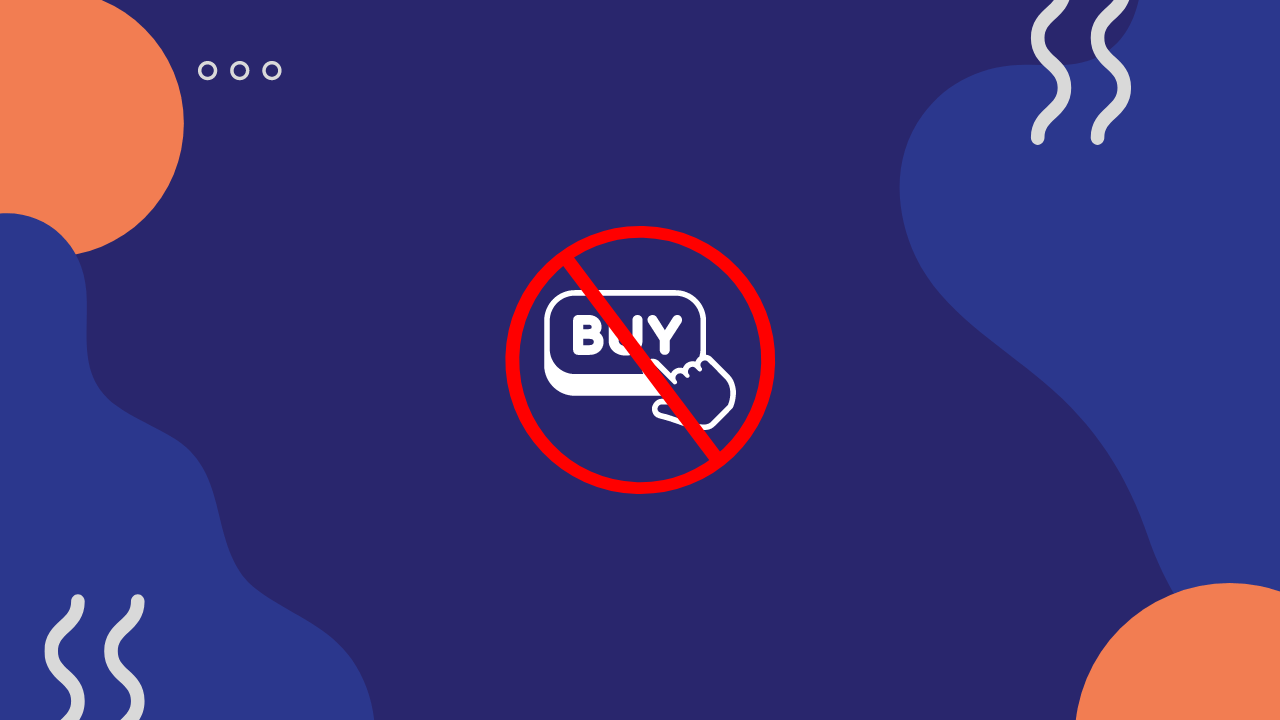Retirement may seem distant, but the earlier you start planning, the more comfortable and secure your golden years will be. In this guide, we’ll explore practical steps on how to prepare for retirement early, ensuring financial stability and peace of mind.
Set Clear Retirement Goals
Begin by defining your Prepare for Retirement goals. Consider factors such as the lifestyle you envision, potential travel plans, and any specific activities or hobbies you wish to pursue. Having clear goals will guide your financial planning and help you determine how much you need to save.
Calculate Your Retirement Needs
Estimate your retirement expenses by considering factors like housing, healthcare, daily living expenses, and potential leisure activities. Use this estimate to calculate the amount you’ll need to maintain your desired lifestyle in retirement.
Start Contributing to Retirement Accounts Early
Take advantage of retirement savings vehicles like 401(k)s, IRAs, or other employer-sponsored plans. The power of compound interest means that the earlier you start contributing, the more your money can grow over time. Aim to contribute at least the maximum allowable amount each year.
Diversify Your Investments
Diversification is key to managing risk in your retirement portfolio. Spread your investments across various asset classes such as stocks, bonds, and real estate. This approach can help minimize potential losses while maximizing long-term returns.
Take Advantage of Employer Matching Programs
If your employer offers a retirement savings plan with matching contributions, make sure to take full advantage. Employer matches represent free money that can significantly boost your retirement savings. Contribute enough to maximize this benefit.
Create a Budget and Reduce Debt
Establishing a budget is crucial for effective retirement planning. Track your income, expenses, and identify areas where you can cut costs. Additionally, focus on reducing high-interest debts, as they can hinder your ability to save for retirement.
Build an Emergency Fund
Having an emergency fund ensures that unexpected expenses won’t derail your retirement savings. Aim to set aside three to six months’ worth of living expenses in a liquid, easily accessible account.
Explore Additional Savings Vehicles
Consider supplementary savings options, such as a Health Savings Account (HSA) or a Roth IRA. These accounts offer tax advantages and can serve as valuable components of your overall retirement strategy.
Stay Informed and Adjust Your Plan
Economic conditions and personal circumstances change. Stay informed about market trends, tax laws, and any adjustments needed in your retirement plan. Regularly review and update your strategy as necessary.
Focus on Health and Wellness
Healthcare costs can be a significant expense in retirement. Prioritize your health and wellness to potentially reduce medical expenses in the future. Invest in preventive care, maintain a healthy lifestyle, and consider long-term care insurance.
Consider Downsizing and Lifestyle Changes
As retirement approaches, evaluate your living situation and lifestyle. Downsizing or relocating to a more cost-effective area can free up funds for your retirement years. Assess your priorities and make adjustments accordingly.
Plan for Social Security and Pension Benefits
Understand how Social Security and any pension benefits factor into your overall retirement income. Determine the optimal time to start receiving Social Security benefits based on your financial needs and goals.
Seek Professional Financial Advice
Consulting with a financial advisor can provide personalized guidance tailored to your specific situation. A professional can help optimize your retirement strategy, address potential pitfalls, and ensure your plan aligns with your objectives.
Maintain a Flexible Mindset
Life is unpredictable, and unexpected events can impact your retirement plans. Maintain a flexible mindset and be prepared to adapt your strategy when needed. Having contingency plans in place can provide added security.
Educate Yourself on Retirement Income Streams
Explore various sources of Prepare for Retirement income, such as annuities, investments, and potential part-time work. Diversifying your income streams can provide additional financial stability in retirement.
Conclusion
Preparing for Prepare for Retirement early is a proactive and empowering approach to securing your financial future. By setting clear goals, consistently saving, and staying informed about your financial situation, you can build a robust retirement plan that aligns with your aspirations. Remember, it’s never too early to start, and the benefits of early preparation will compound over time, ensuring a comfortable and fulfilling retirement.
FAQs
- When is the ideal time to start saving for retirement?
- The ideal time to start saving for retirement is as early as possible. The power of compounding works best over an extended period.
- What should I do if I haven’t started saving for retirement in my 40s or 50s?
- Start saving immediately, contribute aggressively to your retirement accounts, and consider working with a financial advisor to develop a strategy.
- Can I retire early if I start planning in my 30s?
- Early retirement is possible with strategic planning, disciplined saving, and careful investment. Consult with a financial advisor to create a customized plan.
- How often should I review my retirement plan?
- Review your retirement plan annually or whenever there are significant life changes, market shifts, or adjustments in your financial situation.
- Is it possible to retire without completely stopping work?
- Yes, many people choose semi-retirement, where they reduce work hours or engage in part-time work to supplement their retirement income.




